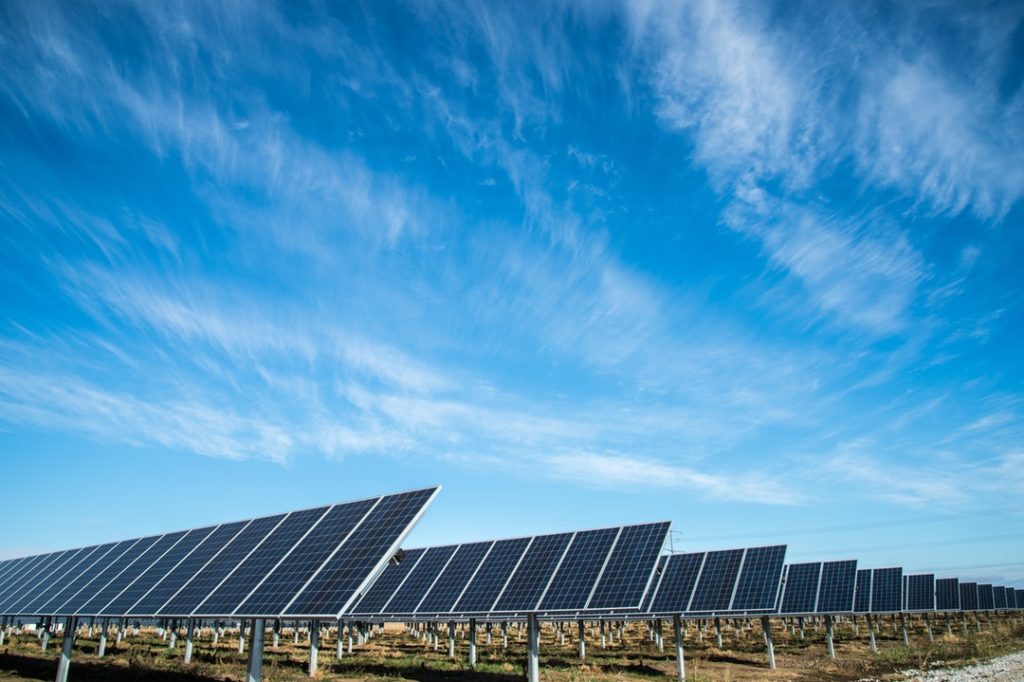Distinguishing the quality of solar panels involves evaluating various factors that determine their performance, durability, and efficiency. Here are some key indicators to help you determine whether a solar panel is of good quality or not.
- Manufacturer Reputation: Research and choose solar panels from reputable manufacturers with a proven track record of producing high-quality panels. Established manufacturers often invest in research, development, and testing to ensure their products meet industry standards.
- Certifications: Look for certifications like the International Electrotechnical Commission (IEC) certification and Underwriters Laboratories (UL) listing. These certifications indicate that the panels have undergone rigorous testing and meet safety and performance standards.
- Efficiency: Higher efficiency panels convert more sunlight into electricity, meaning you’ll need fewer panels to generate the same amount of power. However, higher efficiency panels might come at a higher cost. Consider your specific space constraints and budget when evaluating efficiency.
- Warranty: A longer warranty period generally indicates the manufacturer’s confidence in the panel’s quality and longevity. A standard warranty might cover around 20-25 years for power output and 10-15 years for product defects. Be sure to understand what the warranty covers and any potential limitations.
- Type of Solar Cells: There are different types of solar cells, such as monocrystalline, polycrystalline, and thin-film. Monocrystalline panels are known for higher efficiency due to their single-crystal structure, while thin-film panels are generally less efficient but can be more flexible and suitable for certain applications.
- Performance in Low Light Conditions: Panels that perform well in low light conditions (cloudy days or early mornings/late afternoons) are generally of better quality. Look for information about the panel’s low-light performance or coefficient of temperature (how much efficiency drops as temperatures rise).
- Durability and Build Quality: Panels should be built to withstand various environmental conditions like wind, rain, and snow. Look for panels with corrosion-resistant frames and tempered glass. High-quality panels often have a higher snow and wind load rating.
- Price: While a lower price might be tempting, extremely cheap panels could indicate lower quality materials or manufacturing processes. Striking a balance between cost and quality is important.
- Local Conditions: Consider your specific geographical location and climate. Some panels might perform better in specific conditions, so research which types of panels are suitable for your area.
- Inverter Compatibility: The inverter is a crucial component of a solar system. Ensure that the solar panels you choose are compatible with high-quality inverters that can efficiently convert the generated energy into usable electricity.
It’s a good idea to do thorough research, read expert reviews, and consult with solar professionals to make an informed decision based on your specific needs and budget.


